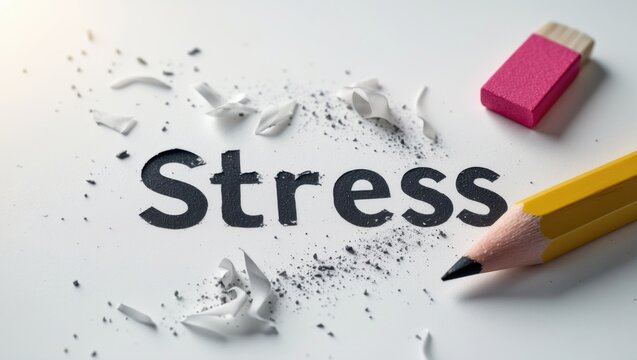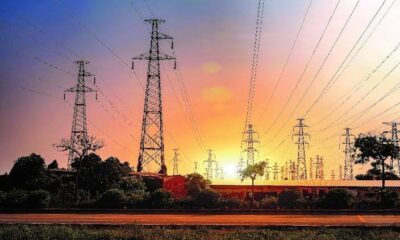Best of Johannesburg
Why Load Shedding Makes Us So Tired: The Mental Health Toll in 2025

A Day That Starts in the Dark
If you live in Johannesburg, your day probably starts not with the news, but with checking the load shedding schedule. This daily ritual, born out of necessity, shapes everything – from work and school plans to how you prepare dinner or relax in the evening.
But beneath the surface of these constant disruptions lies a deeper, more draining impact: invisible fatigue that seeps into our minds and bodies.
Also read: Powerless Parenting in Joburg: Surviving Load Reduction with Kids in 2025
The Quiet Burnout You Don’t See
Load shedding isn’t just about losing electricity – it’s about losing control over your routine. Every blackout means scrambling to reschedule meetings, pausing study sessions, refilling geysers, and resetting security systems. Over weeks, months, and even years, this ongoing disruption builds into a heavy mental exhaustion.
Mental health experts and organisations like the South African Depression and Anxiety Group (SADAG) have identified this chronic exhaustion as continuous traumatic stress (CTS). It’s a persistent state of anxiety and hypervigilance triggered by unpredictable, ongoing threats. In the context of load shedding, it shows up as anxiety, trouble concentrating, and a deep, draining fatigue that goes far beyond physical tiredness.
Flickering Lights, Fraying Edges
In Johannesburg, darkness doesn’t feel peaceful – it can feel perilous. When the lights go out, so do security systems. Electric gates and alarms fall silent. Crime risk rises. Even in quieter suburbs, people hesitate to leave their homes, leading to a loss of community connection and vitality.
And the financial pressure only adds to the strain. Replacing blown appliances, buying generators, and coping with business interruptions creates a pressure cooker of collective stress. According to SADAG surveys, nearly 40% of people report feeling depressed, and over 60% experience anxiety and panic directly linked to load shedding.
The Pandemic Aftershock
As South Africans slowly recover from the emotional toll of COVID‑19, load shedding has become another relentless stressor. Many are still grappling with job losses, fractured support systems, and grief. Frequent power cuts now add another layer of uncertainty and exhaustion.
Studies from Wits University and the South African Journal of Science have shown how this “perfect storm” fuels CTS – a grinding state of stress tied to threats that feel inescapable.

Image 1: Adobe Stock
When Resilience Isn’t Enough
South Africans are famously resilient. We adapt, we laugh, and we push through. But resilience shouldn’t be romanticised when it masks real emotional wear and tear.
Bravado can hide breakdowns. Humour can turn brittle. And “hacking” our way around blackouts isn’t resilience – it’s survival mode. And survival mode is exhausting.
What Can We Do About It?
Until infrastructure improves, here are a few ways to ease the mental burden of load shedding:
-
Create small routines: Knowing your load shedding schedule and planning around it can restore a sense of control. Prep meals early, set screen-free hours, or dedicate blackout time to reading or rest.
-
Check in with each other: Share frustrations and support. A quick call or group text can turn stress into solidarity.
-
Be a neighbour: Offer a lift, a flashlight, or a power bank. Small acts of kindness strengthen communities.
-
Advocate for mental health support: Demand services that acknowledge load shedding as a public health concern – not just an infrastructure issue.
A Call for Recognition
Electricity is more than a utility – it’s the backbone of modern life. When it’s disrupted, everything from safety and education to business and dignity is affected. As blackouts become routine, mental health becomes a casualty.
South Africa needs public policy that recognises the psychological cost of the energy crisis. Leaders must include mental wellness on the energy agenda – not as a luxury, but as a national necessity.
Until then, we keep fighting for light – not just in our streets, but in our lives.
Also read: Smart Heating Hacks for Johannesburg Winters Without Using Electricity (2025)
Follow Joburg ETC on Facebook, Twitter , TikTok and Instagram
For more News in Johannesburg, visit joburgetc.com
Source: SACAP Global, Wits University, Sage Journals
Featured Image: Vecteezy


























